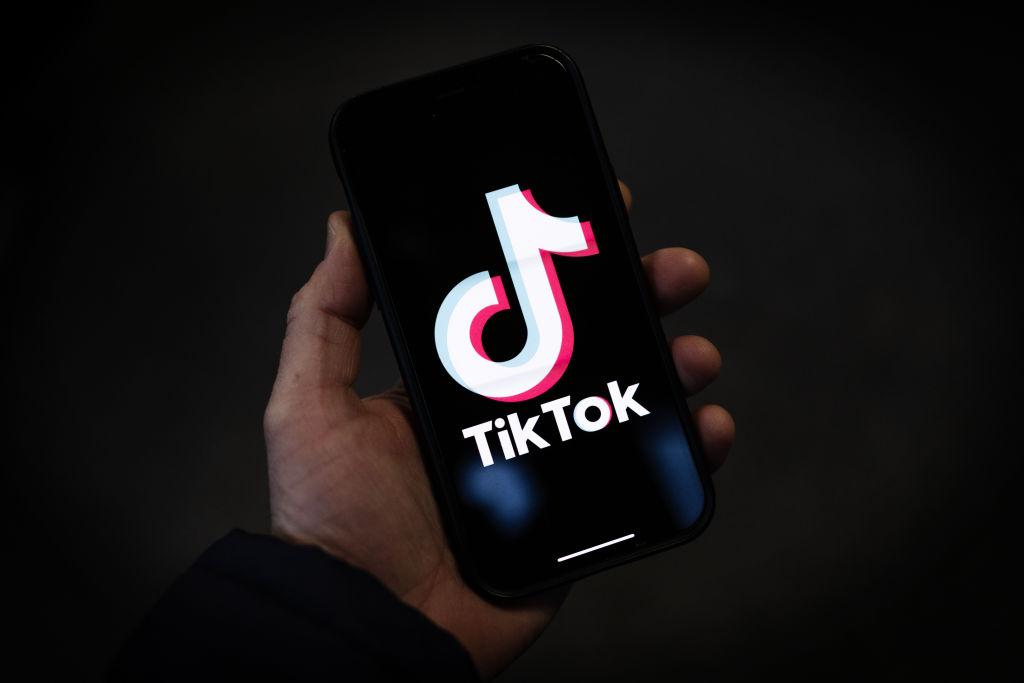The Justice Department (DOJ) is opposing TikTok’s request that a potential ban be delayed as the app seeks an appeal in the Supreme Court of a national security law passed in April.
When President Joe Biden signed the Protecting Americans from Foreign Adversary Controlled Applications Act (PAFACA) into law, it started a 270-day countdown for TikTok to cut ties with the Chinese communist regime, a foreign adversary to the United States, or else cease operating in the United States.





